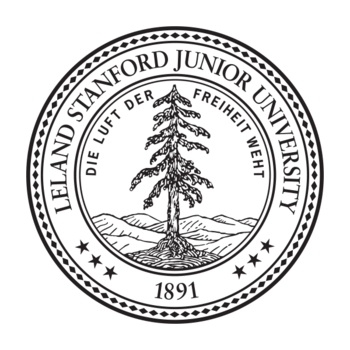Workshop of Project B02 „The Marvelous as a Configuration of Knowledge in Literature of the Middle Ages“ (Head: Prof. Dr. Jutta Eming) in cooperation with Prof. Kathryn Starkey Ph.D., Stanford University
This interdisciplinary workshop, in cooperation with Stanford University, has two focal points: at stake are objects represented in the literatures and visual arts of the Middle Ages, and we will also engage with the usage of objects in medieval societies. We are particularly interested in concrete objects as much as represented objects associated with the production of literature and art: for example, illuminated manuscripts, inscribed tools, or constructed objects that speak to artistic processes.
Building on areas of research that have emerged in recent years in various medieval disciplines as part of the growing interest in things and their materiality, this research group is particularly concerned with the following questions: how do objects and their users join to form complex associations, and what sort of power is assigned to the individual elements of these associations (such as tools, weapons or magical objects that have been, to a greater or lesser extent, artistically designed)? What role do objects play in the formation of communities (such as an ornamented codex, the Arthurian round table or the grail)? How do objects move beyond their connection with an individual user and bring about the social integration of groups? And finally, how are things perceived when they are being used? What sensory, emotional and cognitive processes do they elicit and in what ways do they impart knowledge?
This workshop will bring young scholars from various disciplines in the Collaborative Research Group “Episteme in Motion” and Stanford University into conversation with each other. These conversations will revolve around the participants’ different approaches to the topic and their methodological tools. If nothing else, these are connected to the differences in the cultural and research-specific contexts in which the participating researchers work. This workshop forms the start of a cooperation between the working groups in Berlin and Stanford, which will continue in the following months and the results of which will be made available in an English-language publication.
Programme
| Monday, 10 September 2018 | |
| 9.45 | Welcome Address |
| Jutta Eming (Freie Universität Berlin) und Kathryn Starkey (Stanford University) | |
| 10.00-11.30 | Mae Lyons-Penner (Stanford University): Dite la senefiance: Socialising the Thingness of Things in the Anonymous ‚Ordene de Chevalerie‘ |
| Martin Bleisteiner (Freie Universität Berlin): Of Blades and Bodies – Implements of War and the Sensory Experience of Extreme Violence in the Alliterative ‚Morte Arthure‘ | |
| 11.45-13.15 | Tilo Renz (Freie Universität Berlin): Zur Materialität Crisas. Objekte und Wahrnehmung eines Idealreichs |
| Mareike Reisch (Stanford University): Die Grabeskirche in Jerusalem – Zur Darstellung sakraler Objekte in Felix Fabris ‚die Sionpilger‘ | |
| 13.15-15.00 | Lunch Break |
| 15.00-16.30 | Jan-Peer Hartmann (Freie Universität Berlin): Barrow Agency. Perceptual Ambiguities in Felix’s ‚Vita Guthlaci‘ |
| Leonardo Grao Velloso (Stanford University): Historia machinalis: The Machine of The World's Threefold Materiality in Camões’s ‚Os Lusíadas | |
| 16.45-18.15 | Claudia Reufer (Freie Universität Berlin): Materialimitation und -fiktion in der italienischen Buchmalerei des späten 15. Jahrhunderts |
| Chris Hutchinson (Stanford University): Wie man Backsteine druckt: Lesen und Wissen in Hieronymous Brunschwigs ‚Liber de arte distillandi‘ | |
| 19.00 | Conference Dinner |
| Tuesday, 11 September 2018 | |
| 9.30-11.00 | Falk Quenstedt (Freie Universität Berlin): Geltung des Erzählens. Intermateriale Verhandlungen des Wunderbaren in Hartmanns von Aue ‚Erec‘ |
| Björn Klaus Buschbeck (Stanford University): Marienmäntel und Seelenklöster. Zur Rezeptionsästhetik der Dinge in allegorischen Andachtstexten des Spätmittelalters | |
| 11.15-12.45 | Iris Helffenstein (Freie Universität Berlin): Materialwissen und mediale Interferernzen in der toskanischen Kunst des Spätmittelalters |
| Robert Forke (Stanford University): Neidharts Grabmal in Wien – Wie ein Objekt am Nachleben eines Autors mitschreibt | |
| 12.45-14.00 | Lunch Break |
| 15.00 | Visit to the Kunstgewerbemuseum |
Time & Location
Sep 10, 2018 - Sep 11, 2018
SFB-Villa, Sitzungsraum, Schwendenerstraße 8, 14195 Berlin-Dahlem
